When COVID-19 hit and I read people were working from home and traveling had taken a backseat, I thought the environment was getting a break from our daily lives. I saw video footage of dolphins returning to swim in the Venice canals, smog that was a way of life in densely populated cities in countries like India and China was gone and skies were clear and blue. It seemed amazing to me how fast nature went back to the way it used to be. I was hoping this new way of living would set the stage for countries around the world to notice and take positive action on reducing our carbon footprint.
However, many months into this pandemic and countries are making up for lost time. It looks like we have reverted back and causing more harm than usual on the environment.
According to National Geographic, China is now giving the go ahead to create more coal fired plants. Allowing dirty fuel to be released into the air, instead of finding ways to use improved clean energy to run plants.
The U.S. government is no different and is allowing big rollbacks on environmental restrictions for oil and gas. The Trump administration has also restricted enforcement of air and pollution regulations.
President Bolsonaro of Argentina has allowed increased logging of the Amazon rainforest in the midst of a pandemic that is affecting people’s ability to breathe. Rainforests are being cut down at an astronomical rate. According to the National Institute for Space Research (INPE), satellite data showed 64% more land was cleared in the Amazon in April of 202o than the previous year.
Not only have we lost footing on the initial progress made to give the environment a break, another major problem has developed; plastic pollution. As lockdowns occurred globally, the value of petroleum plummeted which means the cost of making virgin plastic is now less expensive than recycling plastic. In addition, the use of personal protective equipment skyrocketed with single-use face masks causing a massive increase in plastic pollution.
In February of this year, the production of single-use face masks increased to 116 billion per day in China. If the global population adheres to single use face masks, by the end of pandemic, the global monthly consumption would result in 129 billion face masks and 65 billion gloves. Currently, we do not have the means to recycle this amount of plastic. Improper disposal of just 1% of face masks, accounts for 10 million items ending up in waterways and beaches globally.
The plastic pollution that ends up in waterways is affecting the wildlife that live in these areas. According to Laura Foster, the head of Marine Conservation Society states that the disposable face masks are ending up in areas where wildlife can get tangled in them or end up digesting them, causing a big risk of microplastics harming wildlife.
Luckily, there are companies and scientists noticing these effects and are working towards solutions. According to The Conversation, there are many alternatives and technologies that are being tested and implemented at this time to help reduce the use of personal protective equipment;
· The critical care decontamination system. This is a container made by a company in Ohio which can decontaminate up to 80,000 items of PPE at a single time.
· Scientists at the University of Nebraska are researching whether ultraviolet light can decontaminate masks and respirators.
· Biodegradable gloves are available, which can decompose in landfill in two years
Here are some ways we can help reduce our need for single use plastic during this pandemic;
· Avoid single use water bottles and purchase a reusable water bottle.
· Purchase a bamboo or metal straw.
· Ask the owners of restaurants you go to if they have alternatives to plastic packaging.
· During this pandemic, purchase a reusable face mask. Here is a link to 18 face masks that support good causes;
https://www.cnn.com/2020/06/16/cnn-underscored/face-masks-that-give-back/index.html
· Contact your local legislator about banning single use plastics. You can find your state and federal legislators here.
· Let companies that make your favorite things know you care about how they package their goods by tweeting, calling, or writing a letter to them asking for more sustainable, biodegradable, recyclable packaging.
As we live and find our way through this pandemic, we can come out on the other side knowing we are all in this together and make choices that will positively affect you, me, the world, and the environment.
References:
https://www.nationalgeographic.com/science/2020/06/why-covid-19-will-end-up-harming-the-environment/
https://science.sciencemag.org/content/369/6509/1314
https://www.bbc.com/news/uk-politics-54057799
https://www.nrdc.org/stories/single-use-plastics-101#avoid


